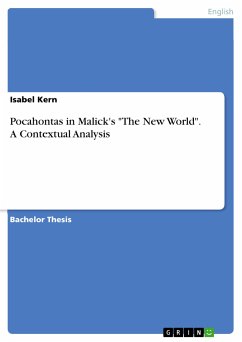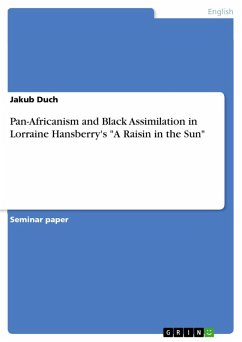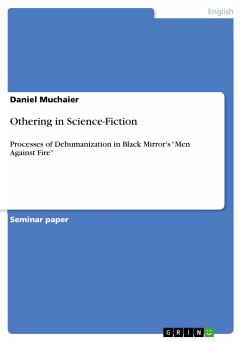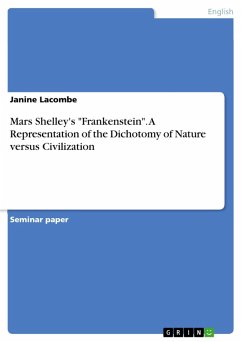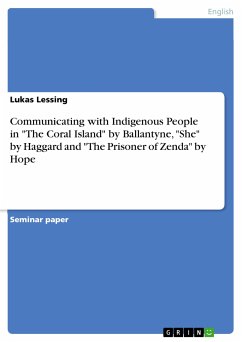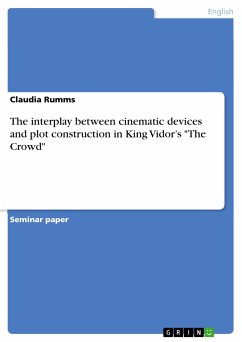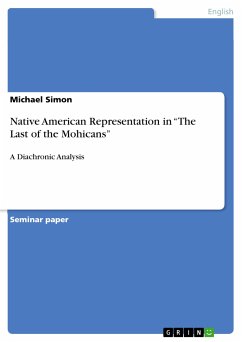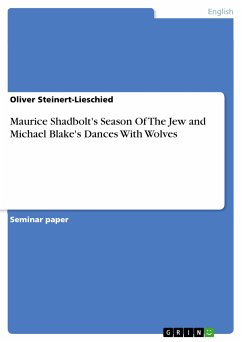Bachelor Thesis from the year 2016 in the subject American Studies - Culture and Applied Geography, grade: 2,0, University of Hannover (Englisches Seminar), language: English, abstract: The aim of this paper is to analyze Malick's film with regard to earlier notions of assimilation and othering. By exploring how earlier notions of assimilation, othering and sentimentalism of the late 19th century are combined with a newly interpreted version of the Pocahontas myth, I will analyze the film's cultural work in the historical context of its making. In order to do this, I will rely on concepts linked to historical film, and on a comparative approach that takes earlier representations of Native Americans and specific notions like Social Darwinism into account. As a blind person, I am particularly suited to analyze the sound design, since this is a dimension of film that is often ignored. I will therefore pay close attention to the use of music, and to specific techniques of tone like the use of voice-overs. In order to analyze music, I will concentrate on the used instruments, and on the effect that music creates concerning the atmosphere of the film and the film's interpretation. By considering how concepts and ideas from the 17th and 19th century survive in contemporary media, I want to analyze what happens to these notions when they are adapted to new forms of media (film), and how these old ideas are adapted to an entirely different situation of the present American society.
Dieser Download kann aus rechtlichen Gründen nur mit Rechnungsadresse in A, B, BG, CY, CZ, D, DK, EW, E, FIN, F, GR, HR, H, IRL, I, LT, L, LR, M, NL, PL, P, R, S, SLO, SK ausgeliefert werden.

